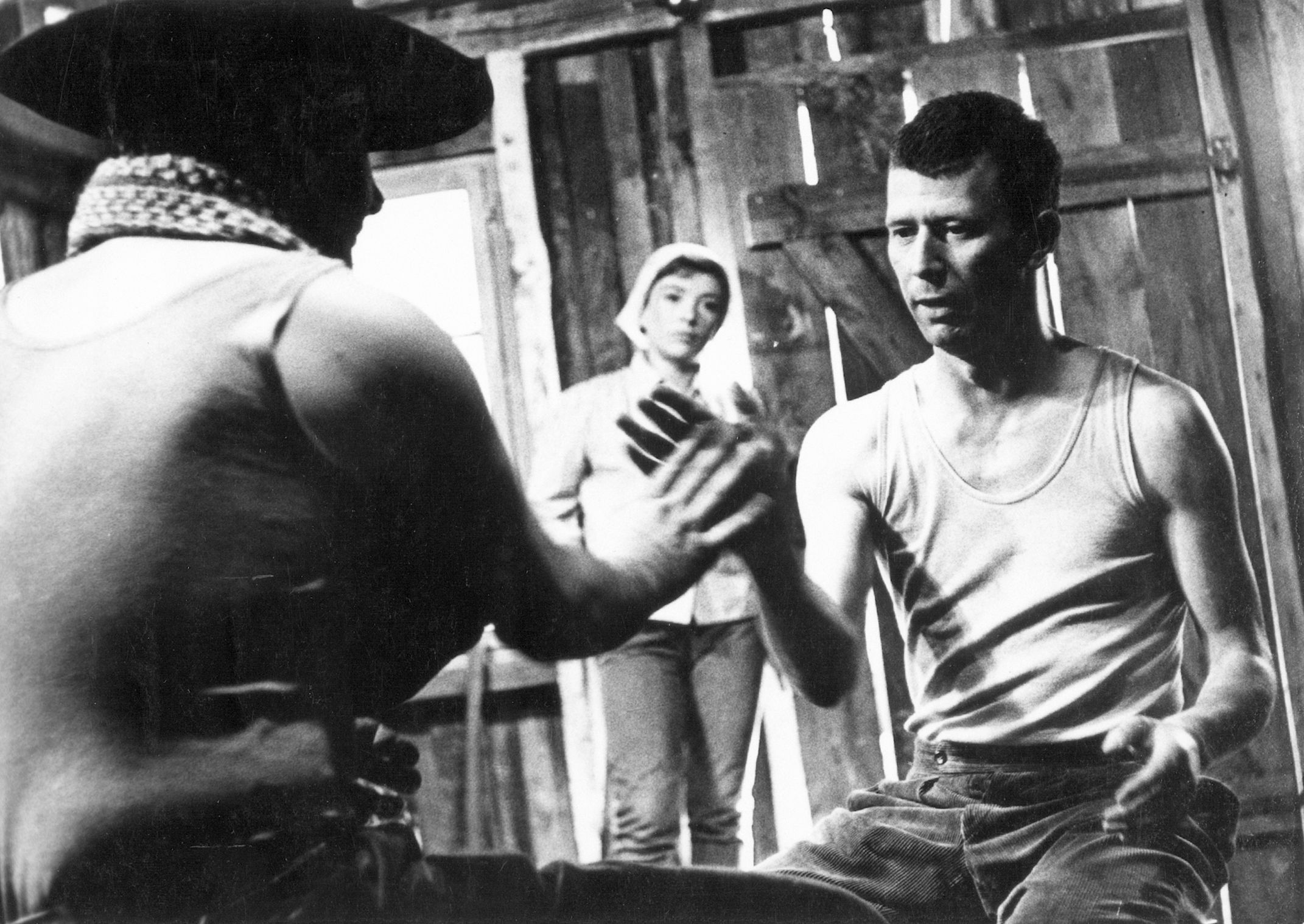
Trace of Stones
Frank Beyer's Spur der Steine (Trace of Stones) is one of the most important, but also one of the most controversial films produced by DEFA. It tells the story of the headstrong foreman Hannes Balla (Manfred Krug), who uses unconventional methods to manage a large construction site and is at loggerheads with the authorities. The arrival of the young party secretary Kati Klee and the engineer Werner Horrath causes unrest in the well-established structure, not only professionally but also privately. A field of tension arises between the three characters, involving power, morality, and personal responsibility. Based on the novel of the same name by Erik Neutsch, the film tells not only of the construction of a socialist building project, but above all of the clash of different lifestyles, beliefs, and power structures in the GDR of the 1960s. The film criticizes abuses in everyday life in the GDR and presents a complex, realistic view of life that was too realistic for the party leadership. After only a few screenings, Spur der Steine was banned and disappeared into the archives until 1990. Today, it is considered a milestone of GDR cinema: courageous, multi-layered, and timelessly relevant.

